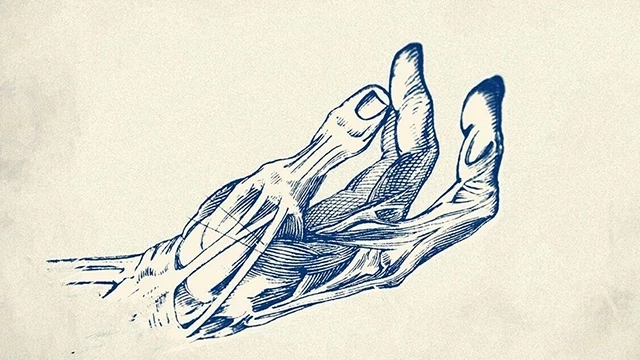Postscripts from Karachi’s Police Surgeon: The girl who said, ‘Copy zaroor parhna’
The work that I do for a living is the stuff of nightmares. I handle the maimed, the tortured, the abused—the unlucky ones, who have been dealt a hard hand by fate or circumstance. Sometimes, they want closure for their loved ones. Sometimes they want some semblance of justice. And very rarely, they just want us to listen.
This teenage girl is one who just wanted tell her story.
I met her on the day after Shab-e-Baraat. She was a thin lean girl, accompanied by her nani and younger brother. Her father was conspicuous by his absence. Nani was dry-eyed. Her brother, hardly a teen himself, was agitated, finding himself in a situation in which even adults are often found wanting.
All I could gather from the history was that the girl had consumed halwa laced with pesticide.
“Where did she get the pesticide from?” I asked.
“A nearby shop.”
“Where is the father? Or the family?”
The hatred on their faces provided answer enough to that question. And then I probed deeper. Nani stayed silent except to request that the girl’s death should not be signed off as a suicide. I could understand the concern. To have a girl die so young is a tragedy but to have her die by suicide would socially ostracize the entire family.
“So, is this a homicide?”
“Yes,” her brother replied. “Abbu killed her.”
She was cold and clammy, with slight frothing at the nose. Her eyes were half shut, her hands were clenched. I could see something had been written on her left palm. I pried it open just enough to be able to read the words: “Copy zaroor parhna.” Where is the copy, I asked. “Under her charpoy, in a box,” her brother told me.
From here on, the story began to sound terribly familiar. She was an ordinary girl with ordinary dreams (a desperate wish to go to school, even during the holidays).
The copy had mehndi designs, a smattering of Urdu couplets and a few, very few insights into her brief tormented life, written with a ball-point pen; how she wanted to mourn her elder sister’s death but was not allowed to by her father. How she wished death upon him for torturing Aapi first.
Pages and pages in a long dwindling scrawl spoke of her concern for her younger sisters and how Ammi only saves herself by not confronting Abbu. She is worried for her younger brother but since he lives with Nani, she assumes him to be safe.
She writes of the nights she has to go without food because she refused the “gandi baat” to her father. Her mother pressures her, saying that if she doesn’t allow it, her father would go to the other women. She is anxious for her younger sisters who could be next when they are grown “enough”. She forgives Nani and her brother as they are as helpless as she is.
If attempted suicide and self-harm is a cry for help, a completed suicide is a shout. After those years of silence, she decided to shout loud enough to be heard.
**Postscript: She had sadistic sexual injuries on her body and findings of a sexually transmitted infection.
The writer is a forensic consultant and the Police Surgeon for Karachi
For the latest news, follow us on Twitter @Aaj_Urdu. We are also on Facebook, Instagram and YouTube.





















Comments are closed on this story.